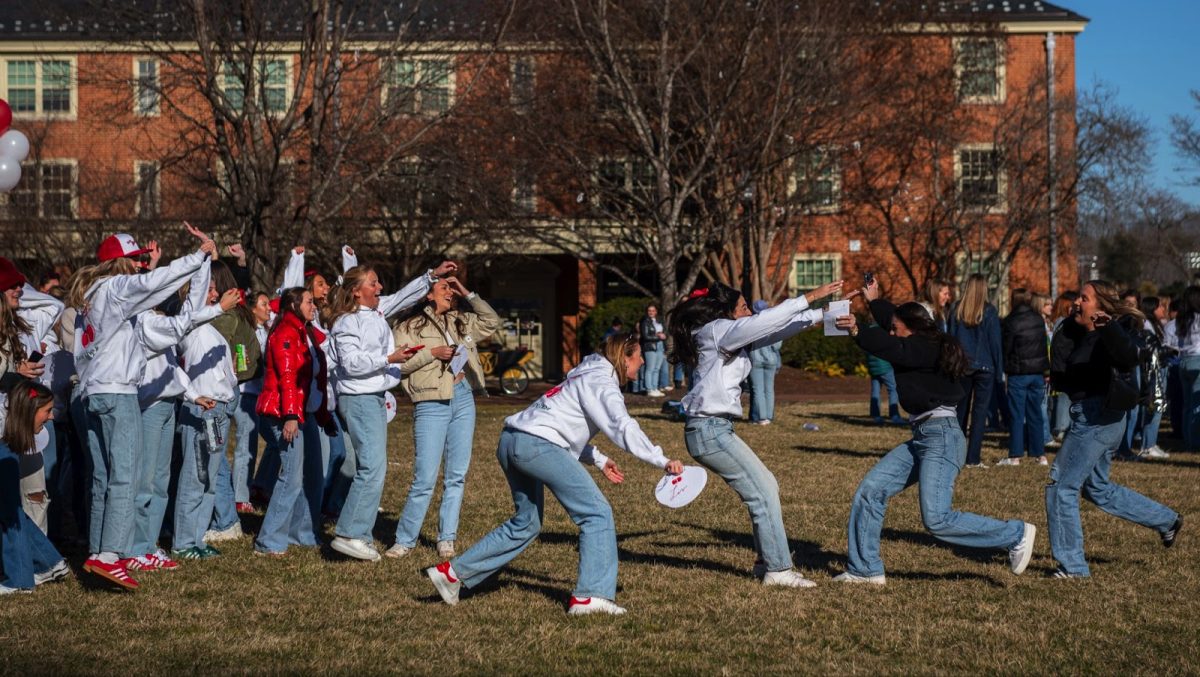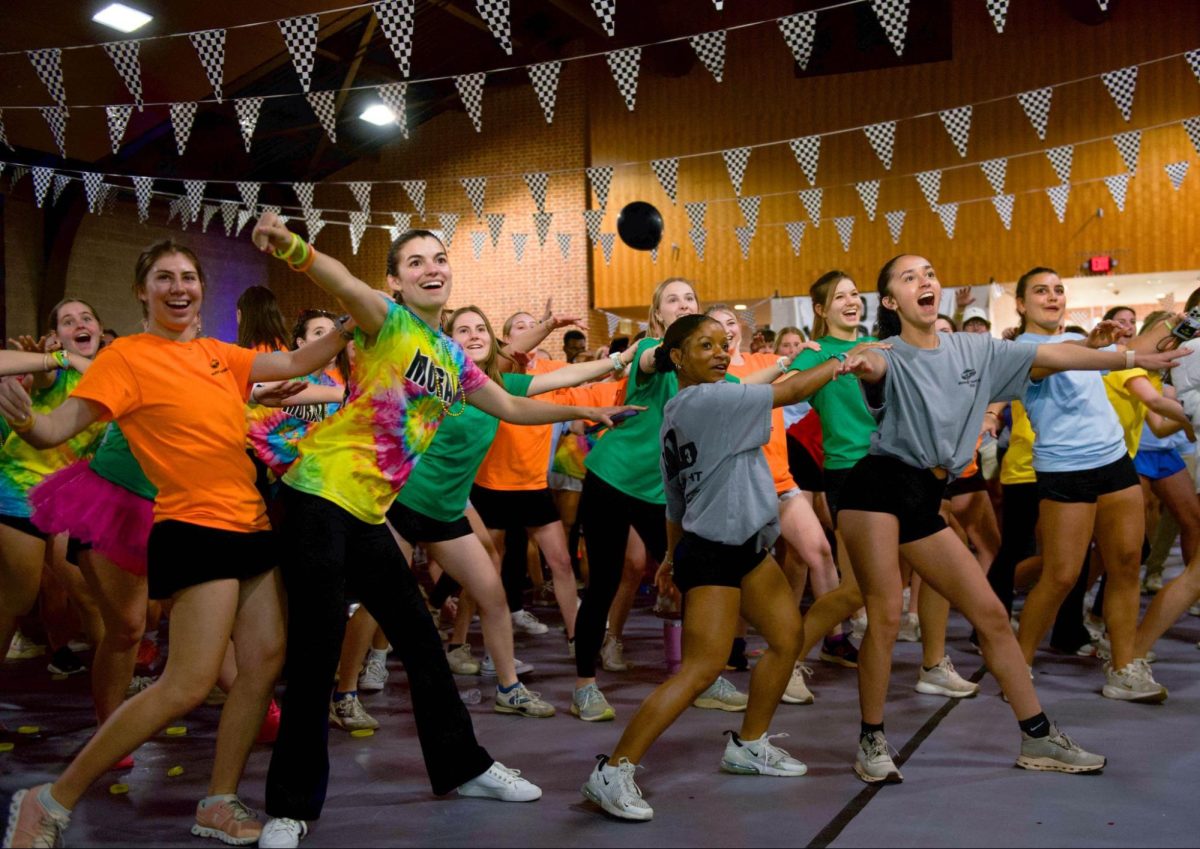Sorority rush is gross and uncomfortable. No matter how the Panhellenic Council tries to spin it or how many staged videos of girls hugging their “forever sisters” get posted on Instagram stories, no one in their right mind can claim that rush isn’t utterly terrible for both current members and potential new members (PNMs).
As my final year at Wake Forest quickly approaches, I look back incredibly fondly on my experience in my sorority. From participating in philanthropy events to attending ridiculously themed date functions, I’ve had a really good time with some incredible women. Yet each January, my stomach twists as we begin the rush process that involves four rounds of conversations with PNMs in which current members must judge whether they are deserving of a bid to their sorority based on subjective first impressions.
No matter how much I’ve tried to do mental gymnastics and tell myself that I’m judging teenage girls based on whether they’re a “good fit” and not if they’re a “good person,” it just feels wrong — even if the outcome of joining a sorority turns out to be a net positive experience.
Currently, each Panhellenic chapter is voting on whether to return to a pre-Covid format where rush is entirely in-person and is finished within a week. The decision will be finalized on April 3 after each chapter submits their two collective votes.
Since the COVID-19 pandemic, Wake Forest Panhellenic Council has adopted a hybrid format for rush where the first two rounds take place over Zoom and then all current members and PNMs travel back to campus before classes begin to complete the last two rounds before bids are given. With this model, this year’s rush process stretched from Jan. 10 with bids given out after a week of classes on Jan. 22.
If we return to a fully in-person model, rush will tentatively take place from Jan. 7 through Jan. 12. It would be four rounds held over five consecutive days with bid day being the Sunday before classes begin for the spring semester.
Although there are certain benefits to the hybrid model — such as enjoying a longer break, more access for members virtually and more flexibility overall — opting for an in-person model would sufficiently rip off the painful bandage of rush.
The hybrid model unnecessarily prolongs the rush process — subsequently adding unneeded stress to PNMs while also making rush feel less personal and engaging. It is nice to be able to Zoom from the comfort of your own home while in sweatpants, but in doing so, PNMs are missing out on gauging each chapter’s overall disposition and energy. They also are unable to see what girls will potentially be in their pledge class until the final rounds.
According to this year’s feedback forms and conversations with PNM coaches, Gamma Rho Chis (GRCs), a majority of PNMs would have preferred to have an all-in-person recruitment. According to the Panhellenic Council, many PNMs felt that online recruitment “took away from the process.” No one enjoys wearing sweatpants and staying in my bed more than myself, but we owe it to future rushees to give them the best possible experience. As an upperclassman, I can confidently look back and say that the specific sorority anyone joins has very little weight on their experience at Wake Forest. However, it would be dismissive and inconsiderate to make that determination for freshmen who view rush as detrimental to their social future for the next four years.
Having never done in-person rush myself, I phoned my biological sister before casting my vote that’ll determine the future of my sorority sisters.
My sister is two years older than me and was the last pledge class to rush at Villanova University before the pandemic hit. She graduated last year after serving as Vice President of the Zeta Alpha chapter of Delta Gamma and now attends the London School of Economics. When I told her about Wake Forest Panhellenic Council’s predicament, she originally laughed.
“You really called me to ask for my opinion on sorority rush?” she asked jokingly. “You know how little anyone thinks about Greek life after they graduate, right?”
And although I know she’s certainly right about that, I pushed for an answer anyway
When she rushed in person, it was highly intense and outright challenging. She remembered the awkwardness of returning to the freshmen dorms each night and debriefing with other girls. After some rounds she was cut from sororities she liked and on other days her friends were cut from the ones she still had. It was brutal, but it was over quickly and before classes started.
“Why would you ever want to prolong a bad experience?” she asked.
Rush is undoubtedly unpleasant for all parties, and although it may be more comfortable and convenient for current members to ride out the process from their own homes, you should be voting for what’s best for the majority of future PNMs and not only for yourself. On a more holistic level, that is what Greek life is all about — recognizing that our decisions involve more than ourselves and that the right decision, as inconvenient as it may be, is better for the collective welfare of future members.













